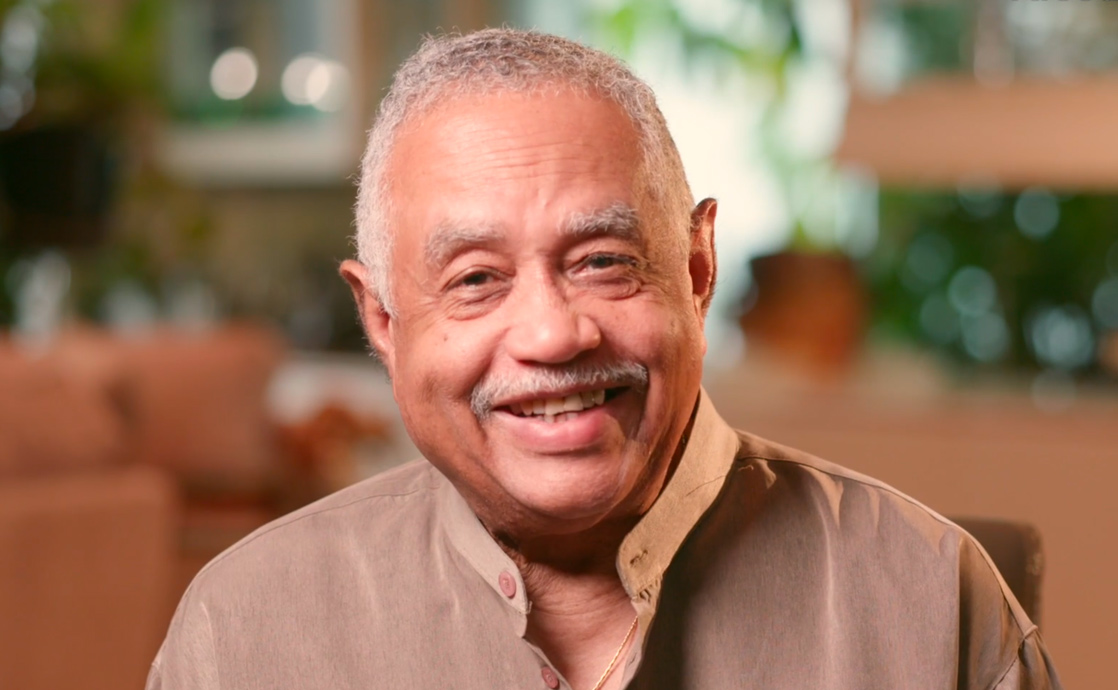In an era marked by divisive ideologies and escalating animosity, the Bahá’í teachings offer profound insights on how one might cultivate resilience and compassion in the face of hatred. The proposition emerges: how can individuals harness their inner strength and stand firm against the tide of negativity that pervades the contemporary landscape? This inquiry unveils a compelling challenge that transcends mere existential endurance; it embodies the essence of character-building and social cohesion.
The Bahá’í Faith elucidates that love and unity are paramount forces in the quest for a harmonious society. Hatred, in stark contrast, deconstructs the very fabric of communal existence. Yet, approaching this dichotomy requires more than surface-level engagement. It necessitates a profound comprehension of the mechanisms by which hatred manifests and the ways in which love can increasingly dominate interpersonal and collective interactions.
Central to the Bahá’í worldview is the belief in the oneness of humanity. This principle invites a reevaluation of how we perceive those who espouse hatred. Is it possible that their actions arise from a place of ignorance or fear? Pondering this question may provide a dual pathway for understanding and compassion. Rather than merely resisting hostility, individuals can strive to illuminate the shadows of misunderstanding that often underpin it.
In practice, the Bahá’í teachings emphasize the necessity of ‘seeing with the eyes of others’—a critical engagement that seeks to understand perspectives that differ from one’s own. Such an approach challenges the conventional instinct to retaliate or dismiss. Instead, it invites dialogue grounded in empathy. Enlightened communication serves as a conduit for dismantling the barriers that hatred erects, with patience and a commitment to interpersonal connections leading the way.
Moreover, the teachings advocate for the power of personal transformation. When confronted with negativity, how often do we introspect rather than deflect? Emulating a spirit of forgiveness is not merely an act of kindness; it is an assertion of one’s autonomy over emotional responses. This internal fortitude cultivates an environment where individuals can thrive amidst adversity. Thus, the capacity to forgive transcends individual experience and becomes a societal imperative.
Standing strong in the face of hatred also involves cultivating a profound sense of purpose. Bahá’í teachings stress the significance of meaningful engagement in work and community involvement. Such commitments empower individuals to build an identity rooted in service rather than reaction. As projects of unity unfold, individuals find themselves anchored by shared values and collective aspirations, creating a buffer against the corrosive effects of societal strife.
Furthermore, education emerges as a cornerstone of resilience. The Bahá’í Faith posits that knowledge is transformative. As one delves into the depths of understanding various belief systems, cultures, and histories, a broader perspective materializes. This enriched worldview is essential for developing a compassionate ethos, enabling one to address hatred not merely as a phenomenon to resist but as a challenge to reconcile with nuanced understanding.
However, cultivating this sophisticated response requires vigilance. It poses the question: To what extent are we prepared to confront our biases and encourage inclusivity in our communities? Addressing such a pervasive challenge is neither immediate nor simple, yet it is a pivotal undertaking for those earnest in embodying the values of the Bahá’í teachings.
Embracing the challenge of standing strong against hatred extends beyond individual endeavors; it calls for collective action. This community-oriented philosophy encourages breaking the silence surrounding injustices and openly discussing the venom that may linger among diverse populations. Engaging in community dialogue creates opportunities for confrontation, mutual comprehension, and reconciliation, serving as potent antidotes to the corrosive nature of hatred.
In addition, the affairs of the world compel individuals to embrace a framework of overarching peace. The Bahá’í teachings espouse that peace is not merely the absence of conflict but a proactive engagement in fostering harmonious relationships. In envisioning a world devoid of hatred, one must strive to embed principles of justice and equity in societal structures. This alignment positions community members as proactive agents in cultivating an environment conducive to peace.
Ultimately, the journey towards standing firm against hatred is an intricate tapestry woven from the threads of self-awareness, communal engagement, and transformative education. It reflects an unwavering commitment to the belief that humanity can forge a unified path despite its differences. The challenges that accompany this pursuit are substantial, yet the rewards amplified by collective harmony are immeasurable.
As one contemplates the question posed at the outset, the challenge crystallizes: will individuals rise to the occasion, committing themselves to embody the teachings of love and unity in their daily lives? Confronting hatred with steadfastness and compassion holds the potential to reshape interactions and the broader societal landscape. The response to this challenge is not merely a reflection of personal disposition but a testament to the collective capacity of humanity to transcend its baser instincts and cultivate a brighter, more equitable future.
